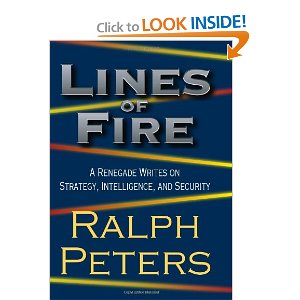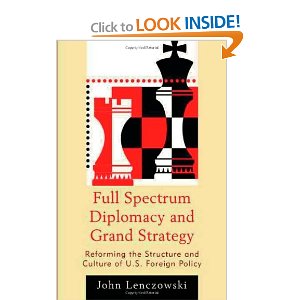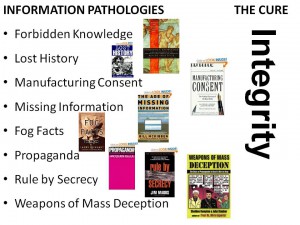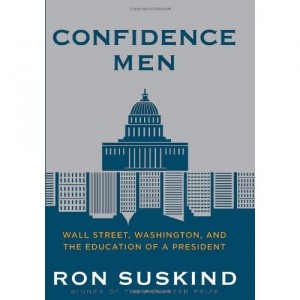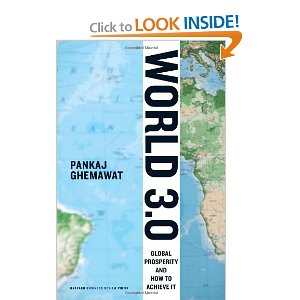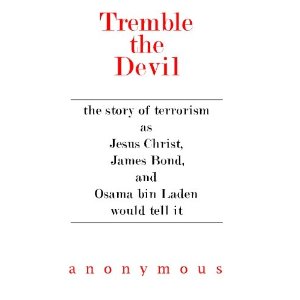
Joshua Rovner
5.0 out of 5 stars It Takes Two: Strategic Intelligence and National Security Policy, September 30, 2011
By Retired Reader (New Mexico) – See all my reviews
(TOP 1000 REVIEWER)
In the U.S., the relationship between strategic intelligence and the formulation of national security policies has been to say the least complex and often confusing. This book provides what has long been needed, an objective and scholarly review of this relationship.
Rovner provides an excellent theoretical background to guide his examination of specific case histories that he has chosen to illustrate the relationships between strategic intelligence and policy. Ideally intelligence analysts should be able to operate without interference to produce strategic intelligence reports that are honest, objective, and supported by the best information available. Again ideally policy makers should be free to challenge such reports. Finally both analysts and policymakers should be able to hold rational discussions over differences in interpretation and conclusions in which the supporting evidence is considered objectively. Unfortunately this ideal is often thwarted by what Rovner calls “the pathologies of intelligence-policy relations.” He has identified three such `pathologies':

